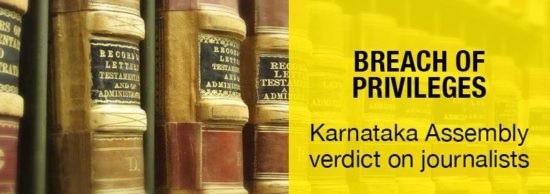Law Optional
The terms ‘Law’ , ‘Constitution’ , ‘Judgments ‘ , ‘ Supreme Court’ etc are unavoidable in the life of a civil servant.
Whether you take up Law as an optional in your civil service preparation or as a general candidate with other optional subject, law and legal developments are something that is an inevitable part in your learning process. This Blog will provide you with the necessary content sufficient to score additional marks in your Civil Services Examination.
How this Blog is going to help you?
To a Law optional candidate,
If you look at the trend in questions asked by UPSC in Law optional during last two-three years, it is quite obvious that awareness in current developments of Law is essential to score high marks. Also “contemporary development in law” is itself a part of Law Paper 2 Syllabus. This blog will serve the purpose for you. We will help you in updating developments in Constitutional Law, International Law and other areas that are relevant to the UPSC Law Optional candidate.
To a general candidate,
This blog will help you in updating yourself with latest Supreme Court judgments and observations, recent Laws passed by the Legislature and Constitutional developments so as to equip you in giving best answers in your General Studies Papers, especially GS Paper 2.
So Keep visiting the blog – share, comment and inspire us to serve you better.

UPSC Law Optional Paper 1 Analysis- Constitutional Law
An Analysis of UPSC Law Optional PAPER I- Constitutional Law [Questions from 2013-2018] UPSC Law Optional Paper 1 consists of the following topics Constitutional Law Administrative Law International Law The questions that are asked in this paper unlike UPSC Law Optional Paper 2 need more of a conceptual and analytical understanding of each topic to answer […]

UPSC Law Syllabus & Books to Refer
UPSC LAW SYLLABUS 2018 UPSC Law Optional for Mains Examination has two papers. UPSC Law Syllabus for Optional Paper 1 mostly deals with Public Law like Indian Constitutional Law, Administrative Law and Public International Law. UPSC Law Syllabus for Optional Paper II primarily consists of Contracts Law, Law of Torts, Law of Crimes and other […]

Breach of Privileges – Karnataka Assembly verdict on Journalists
Facts of the case : Karnataka Assembly Speaker KB Koliwad sentenced two editors of Kannada tabloids to one year imprisonment and slapped them with a fine of Rs 10,000 each for defamatory articles under its power to punish breach of privileges. The articles concerned were published in “Hi Bangalore” and “Yelahanka Voice” which were referred […]

The Ordinance Making Power under the Constitution and the Evolving Jurisprudence.
An Appraisal of 2017 Supreme Court Judgment on Ordinance Making Power. The Ordinance making power of the Executive has its roots in the United Kingdom where it was the prerogative of the King to legislate on domestic matters. This exercise of the Monarch diminished with the establishment of parliamentary supremacy towards the end of seventeenth […]
![An Analysis of Election Judgment of Supreme Court of India [Abhiram Singh v C D Commachen]](https://www.selflearn.co.in/wp-content/uploads/2017/01/ELECTION-JUDGMET-550x194.jpg)
An Analysis of Election Judgment of Supreme Court of India [Abhiram Singh v C D Commachen]
“At the bottom of all the tributes paid to democracy is the little man, walking into the little booth, with a little pencil, making a little cross on a little bit of paper…” Winston Churchill The Supreme Court in a decisive judgment on the interpretation of “corrupt practices” in elections has set, yet another high […]

Curing the Defects in the Anti-Defection Law
India is a vibrant democracy, ever growing and ever decentralising. This evolutionary democratic process, particularly evident from the decentralisation reforms initiated in the 1990s and the creation of smaller states and new states has ensured political justice to the citizens of India. With such developments, consequent and dramatic changes have taken place in the political […]

 Login
Login